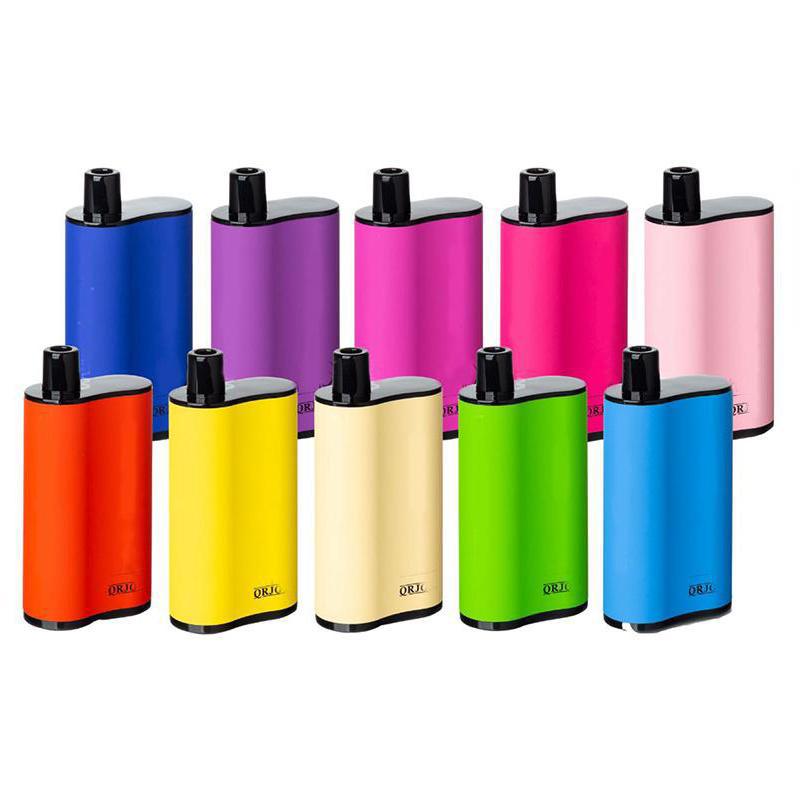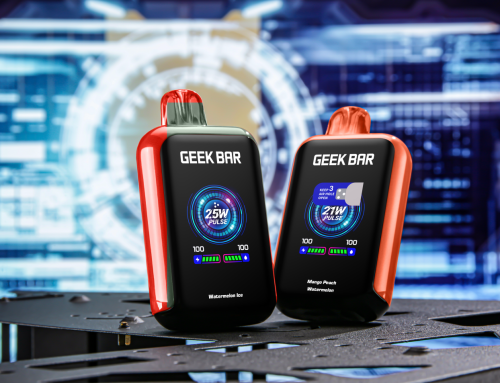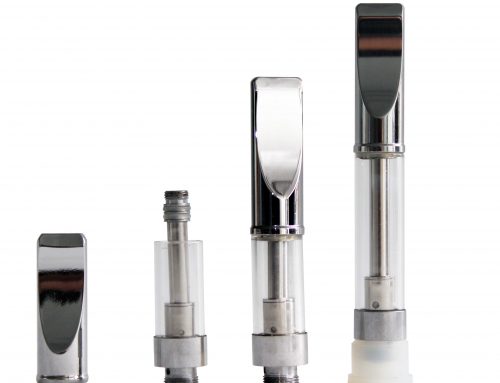
FME INFINITY Disposable
It has been more than two years since Governor Gavin Newsom signed Senate Bill 793, which bans the sale of flavored vaping products, including flavored e-cigarette cans and menthol cigarettes. Tobacco companies quickly gathered signatures to force a referendum on the law – voters were asked if they approved the ban, yes or no. Even though more than half of the state’s votes have yet to be counted, the media has announced that the referendum will pass (currently leading by 24%).
California is just one of more than 300 U.S. jurisdictions that ban flavored vaping in some way. Many injunctions have been challenged in court, and most of those challenges have failed. Tobacco companies have already filed a lawsuit over California’s 2021 flavor ban. But a federal judge dismissed the lawsuit, telling plaintiffs to wait for voters to weigh in before suing.
“Now that the referendum has taken place, the harm the plaintiffs face is no longer theoretical, but concrete and imminent,” the complaint reads. Unless a judge agrees to intervene, the ban will take effect “not later than December 21, 2022.”
In their lawsuit, the tobacco companies argue that the Family Smoking Prevention and Tobacco Control Act (or TCA) of 2009 allows state and municipal governments to regulate tobacco products but cannot prohibit their use or sale.
“The injunction falls under the TCA’s express priority provision, ‘which takes precedence over ‘any [state] requirement’ that is ‘different from or in addition to’ federal requirements for tobacco product standards,” the lawsuit reads. “Flavor bans are typical tobacco product standards.”
Reynolds Tobacco used the same argument when it filed a lawsuit in 2020 to block Los Angeles County’s ban on flavored vaping tobacco. The lawsuit was dismissed, and the Ninth Circuit Court of Appeals upheld the move in a 2-1 split decision in March 2022.
“The TCA expressly reserves the right for local authorities to enact stricter regulations than the TCA,” Trump-appointed Circuit Judge Lawrence Van Dyke wrote in the majority decision. The law “carefully balances federal and local powers by dividing the federal government’s sole authority to set tobacco product standards, while retaining state, local, and tribal authority to regulate or completely ban the sale of some or all tobacco products.”
That doesn’t seem to bode well for the latest lawsuit from tobacco companies. Their attorney, Steven Geise, did not return calls and emails seeking comment.
“Time and time again, Big Tobacco has attempted to advance state efforts to protect our youngest residents from the devastating effects of tobacco use,” a spokesman for California Attorney General Rob Bonta said in a written statement. We have not formally received the lawsuit, but we look forward to vigorously defending this important law in court.”
Opponents of flavored tobacco call it a gateway drug, a product designed or not designed to lure teens into smoking. While some see e-cigarettes as a form of harm reduction and a less harmful way of ingesting nicotine, others see nicotine addiction, especially among teens, as a scourge. According to the Centers for Disease Control, nicotine “impairs brain development in adolescents” and “young people who use e-cigarettes may be more likely to smoke in the future.”


